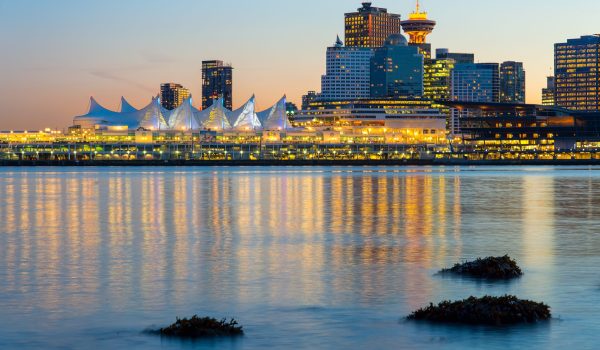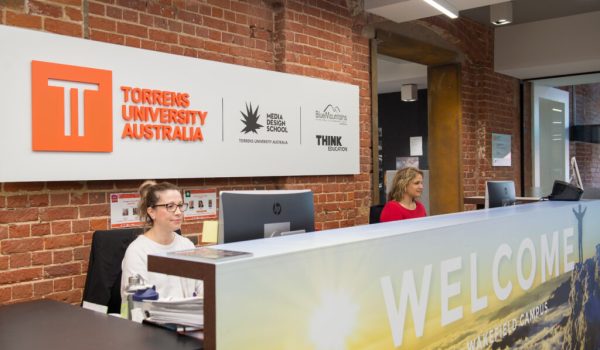For expats and job seekers, comparing the cost of living in Dubai vs UK is key to making informed decisions. While both are popular destinations, their economies and living expenses differ greatly from housing and transport to food and healthcare.
Currency and Economic Context
Currency plays a major role when comparing the cost of living between Dubai and the UK. The UK uses the British Pound Sterling (GBP), while Dubai, part of the United Arab Emirates, uses the Emirati Dirham (AED). Exchange rates fluctuate but as a general guide £1 is approximately 4.5 to 5 AED.
Economically, Dubai offers an advantage due to its lack of income tax, however, this tax-free benefit is balanced by high living costs particularly in areas like housing and private healthcare. In contrast, the UK operates a progressive tax system where residents pay tax that fund essential public services like healthcare and education.
1. Housing and Accommodation
Rental Costs
Dubai rental prices can be quite high, especially in the city centre, ranging from AED 4,000 to AED 8,000 per month for a one-bedroom apartment, depending on the location. Apartments and villas in these areas can be pricey, with rents often expecting annual upfront payments. In comparison, the UK has a wider range of rental prices. London is usually expensive, ranging from £1,200 to £3,000+ per month for a one-bedroom apartment, but the cost of living is generally lower in smaller towns and rural areas, offering options for different budgets, such as between £900 to £1,500 per month.
Deposit/Security Systems
In Dubai, tenants usually pay a deposit of 5% to 10% of the annual rent. In the UK, the deposit is generally one – two months’ rent.
2. Transportation
Public Transport Costs
Dubai offers a modern, affordable public transport system, including the Metro, buses, and taxis. A monthly pass for these transport services typically costs around AED 250. On the other hand, public transport in the UK is significantly more expensive. A monthly travel pass for the London Travel card can range from £100 to £300, depending on the travel zones and frequency.
Car Ownership
Owning a car in Dubai tends to be more affordable due to low petrol prices. However, the cost of parking in the city centre can be expensive, and car insurance costs vary based on the vehicle. In contrast, owning a car in the UK is generally pricier. Petrol costs are higher, and additional expenses like road tax, insurance, and parking fees make car ownership more costly.
3. Food and Groceries
Grocery Prices
Grocery costs in Dubai for staples like milk, bread, eggs, and vegetables for a single person might range from AED 100 to 200. In contrast, the UK typically offers lower grocery prices, with weekly costs for essentials falling between £40 and £70, especially with budget-friendly supermarket options such as Tesco.
Dining Out
Dining out in Dubai can vary widely in price. Casual dining can cost around 50 per person, while mid-range restaurants might charge between AED 100–250 per person, with fine dining options being much more expensive. In the UK, casual meals are typically more affordable, around £10 – £20 per person, while mid-range dining typically falls between £30 – £60 per person. Fine dining in the UK can also exceed £100 per person, but overall, dining out is generally less expensive in the UK compared to Dubai.
4. Healthcare and Insurance
Medical Costs
In Dubai, healthcare is private, and while UAE citizens are covered by government health insurance, expats are required to have their own health insurance plans. In the UK, healthcare is provided universally through the NHS, which is free for residents. However, expats who are not residents yet will need private health insurance, which is essentially still more affordable than private healthcare options in Dubai.
Health Insurance
Health insurance premiums in Dubai can be expensive, particularly for private plans, and the cost varies depending on the level of coverage and the insurer. In the UK, while the NHS provides free healthcare to residents, many expats opt for private health insurance for quicker access to services. Premiums for private health insurance in the UK is around £1,500 per year for a single person, which is generally more affordable compared to private health insurance in Dubai.
5. Education
Schooling Costs
In Dubai, private international schools are the norm for expat children, and the fees can vary widely. The cost of tuition typically ranges from AED 10,000 to AED 90,000 per year, with prestigious schools charging the higher end of that range. In the UK, public education is free for residents, making it a more affordable option for local families. However, private schooling in the UK can be expensive, with fees around £20,000 per term, depending on the school.
University Tuition
For an undergraduate degree in Dubai, university tuition typically ranges from AED 40,000 to AED 100,000 per year, depending on the program and institution. In the UK, university tuition fees are generally lower, ranging from £15,000 a year, depending on the course and institution.
6. Entertainment and Lifestyle
Fitness
In Dubai, gym memberships typically cost AED 150 to 400 per month, depending on the location and the facilities offered. In the UK, gym memberships tend to be more affordable, ranging from £30 to £50 per month. Overall, leisure and fitness expenses are somewhat similar, but Dubai tends to have higher-end options, especially in more exclusive areas.
Nightlife and Alcohol
Dubai’s nightlife is highly regulated, and alcohol is taxed heavily, making it expensive. High-end nightclubs and bars in the city charge premium prices for both entry and drinks. In contrast, the UK has a more relaxed approach to nightlife, with a wide range of pubs, clubs, and bars offering more affordable options for alcohol. The pub culture plays a significant role in UK social life, with many people going for casual nights out. The affordability of drinks and the variety of nightlife venues make the UK a more budget-friendly option for those seeking an active nightlife scene.
Understanding the financial landscape of your new country is key, and at IMM Consult, we offer expert advice on budgeting, relocation costs, and setting up local finances to help you settle in smoothly.




